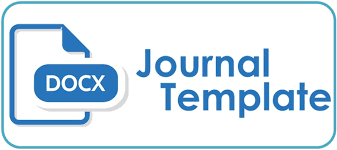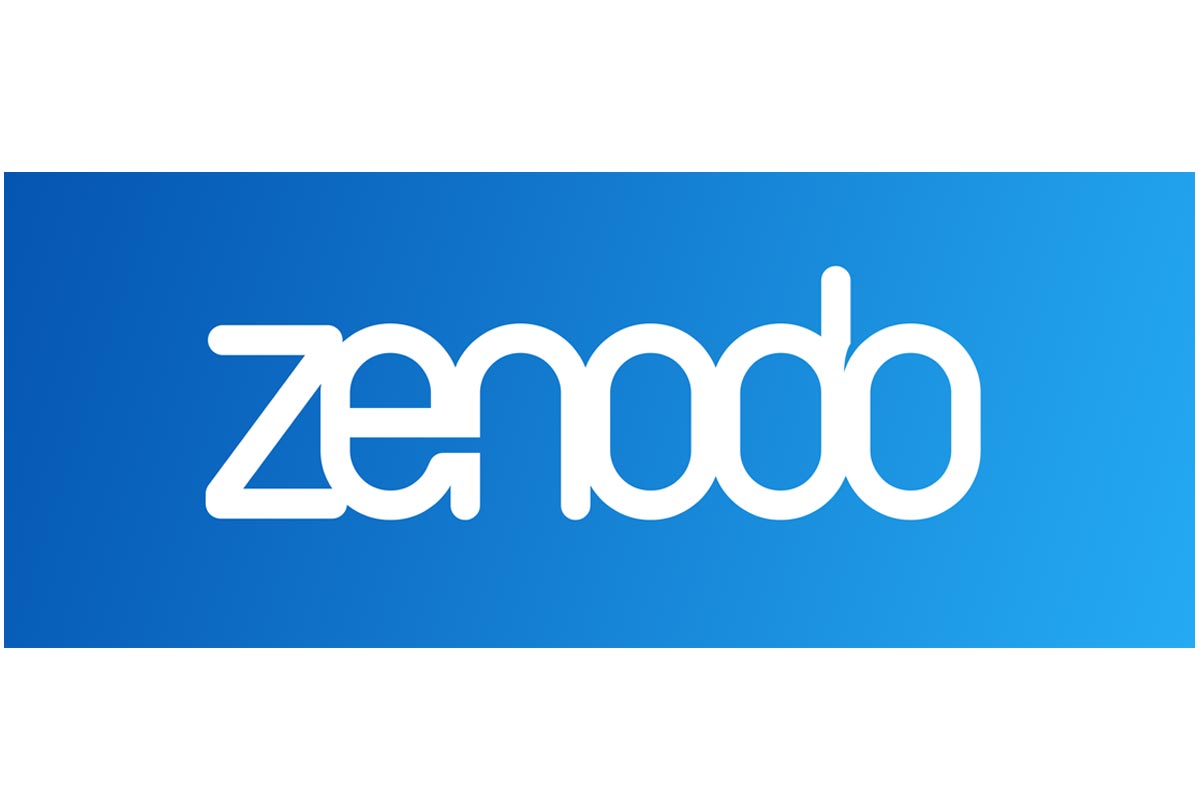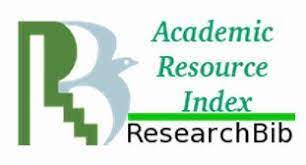Optimalisasi Media Game Edukasi Fisika (GEMIKA) Berbasis Wordwall dalam Meningkatkan Literasi Digital Kelas X SMANKOR Maluku Utara
Abstract
This study aims to describe the increase in digital literacy of class X students at SMANKOR North Maluku after using the Wordwall-based Physics Education Game Media (GEMIKA). The background of this study is based on the low level of digital literacy of students and the limited use of technology-based learning media in schools. The method used is descriptive research with a qualitative approach. The subjects in this study were 31 class X students selected through purposive sampling techniques. The instruments used in data collection included participatory observation, interviews, and questionnaires to measure the level of digital literacy before and after using GEMIKA. Data analysis was carried out through the Miles, Huberman, and Saldana (2019) model which includes data reduction, data presentation, and drawing conclusions.The results showed that there was a significant increase in all aspects of digital literacy after the implementation of Wordwall-Based GEMIKA media. The average percentage of digital literacy increased from 58.2% to 73.6%. In detail, the aspect of media usage increased from 40.5% to 76.2%, digital literacy from 55.6% to 70.5%, learning motivation from 60.7% to 75.0%, and digital technology skills from 57.8% to 72.6%. In conclusion, the use of GEMIKA media based on Wordwall has proven effective in improving students' digital literacy, motivation, and technology skills. This study also shows that the integration of digital-based educational games can be an innovative solution in science learning, especially physics, in areas with limited technological infrastructure.
Downloads
References
Afferi Amalia, S. (2024). Pengembangan media pembelajaran game edukasi fisika (GEMIKA) berbantuan Wordwall untuk meningkatkan motivasi belajar peserta didik SMA. Jurnal Penelitian Pembelajaran Fisika, 15(2).
Asosiasi Guru Fisika Indonesia (AGFI). (2022). Survei penggunaan teknologi dalam pembelajaran fisika di Indonesia. https://www.agfi.or.id
Asosiasi Penyelenggara Jasa Internet Indonesia (APJII). (2024). Survei penetrasi dan perilaku pengguna internet di Indonesia 2024. https://www.apjii.or.id
Astuty, N. P., Suryani, T., & Rahayu, L. (2023). Integrating digital literacy into higher education curriculum: Challenges and opportunities. Indonesian Journal of Education and Technology, 5(1), 12–22. https://doi.org/10.xxxx/ijet.2023.0005
EdTech Insights. (2023). The rise of web-based learning platforms in developing countries. https://www.edtechinsights.org
Fraenkel, J. R., Wallen, N. E., & Hyun, H. H. (2019). How to design and evaluate research in education (10th ed.). McGraw-Hill Education.
Johnson, R., & Lee, S. (2021). Active learning through gamification: A systematic review. Journal of Educational Technology, 15(3), 123–135. https://doi.org/10.xxxx/jet.2021.0001
Khairunisa, M. A., & Susanto. (2022). Analysis of the use of the Wordwall application in learning English. Journal of Learning and Development Studies, 2(1), 45–52. https://doi.org/10.32996/jlds.2022.2.1.5
Kementerian Komunikasi dan Informatika (Kominfo). (2024). Laporan Indeks Literasi Digital Indonesia 2024. https://www.kominfo.go.id
Li, M.-C., & Tsai, C.-C. (2023). The impact of immersive digital environments on student engagement in game-based learning. Educational Technology & Society, 26(1), 77–89. https://doi.org/10.xxxx/ets.2023.0008
Mufidah, A., & Putranta, H. (2024). Identification of digital literacy skills on critical thinking of physics education students. Jurnal Cerdik: Jurnal Pendidikan dan Pengajaran, 4(1). https://jurnalcerdik.ub.ac.id/index.php/jurnalcerdik/article/view/413/80?utm_source
Pusat Statistik Pendidikan Indonesia. (2022). Laporan tahunan literasi digital peserta didik Indonesia. https://www.puspendik.go.id
Putra, A., & Wijaya, T. (2020). The impact of interactive learning applications on physics achievement. International Journal of Science Education, 8(2), 45–58. https://doi.org/10.xxxx/ijse.2020.0002
Rahmawati, D., Suryani, N., & Prasetyo, Z. (2022). Exploring the use of educational games in secondary schools: Challenges and opportunities. Asia-Pacific Journal of Education, 12(4), 78–92. https://doi.org/10.xxxx/apje.2022.0003
Rosydiyah, L., & Asari, S. (2023). The effectiveness of Wordwall online games as technology-based media on students' grammar quality. Journal of Language Teaching and Research, 14(2), 345–354. https://doi.org/10.17507/jltr.1402.10
Sari, P., Ananda, R., & Kurniawan, H. (2021). Students’ difficulties in understanding physics concepts: A case study in Indonesian high schools. Journal of Physics Education, 9(1), 23–35. https://doi.org/10.xxxx/jpe.2021.0004
Sulistiyarini, D., Ramadhani, D., & Sabirin, F. (2023). Pengaruh penggunaan game edukasi sebagai media pembelajaran mandiri terhadap literasi TIK peserta didik SMP di Kota Pontianak. Jurnal Pendidikan Informatika dan Sains, 12(1), 236–249.
UNESCO. (2023a). Digital learning and transformation of education. https://www.iea.nl/sites/default/files/2024-11/ICILS_2023_International_Report_0.pdf?
UNESCO. (2023b). Digital literacy for sustainable development: Global trends and challenges. https://www.unesco.org
World Bank. (2024). Digital transformation in Indonesia: Bridging the urban-rural divide. https://www.worldbank.org
Wulandari, A. D., & Rachmadtullah, R. (2023). Improving learning outcomes through game-based learning in science education. International Journal of Interactive Mobile Technologies, 17(6), 45–55. https://doi.org/10.3991/ijim.v17i06.38721
Zhang, Y., Liu, H., & Wang, L. (2025). The relationship between digital literacy and academic achievement: A meta-analytic review. Journal of Educational Psychology, 117(1), 1–20. https://doi.org/10.xxxx/jep.2025.0002
Zhonggen, Y. (2019). A meta-analysis of the effectiveness of digital game-based learning on students’ academic achievement. Educational Research Review, 27, 88–103. https://doi.org/10.xxxx/err.2019.0004









